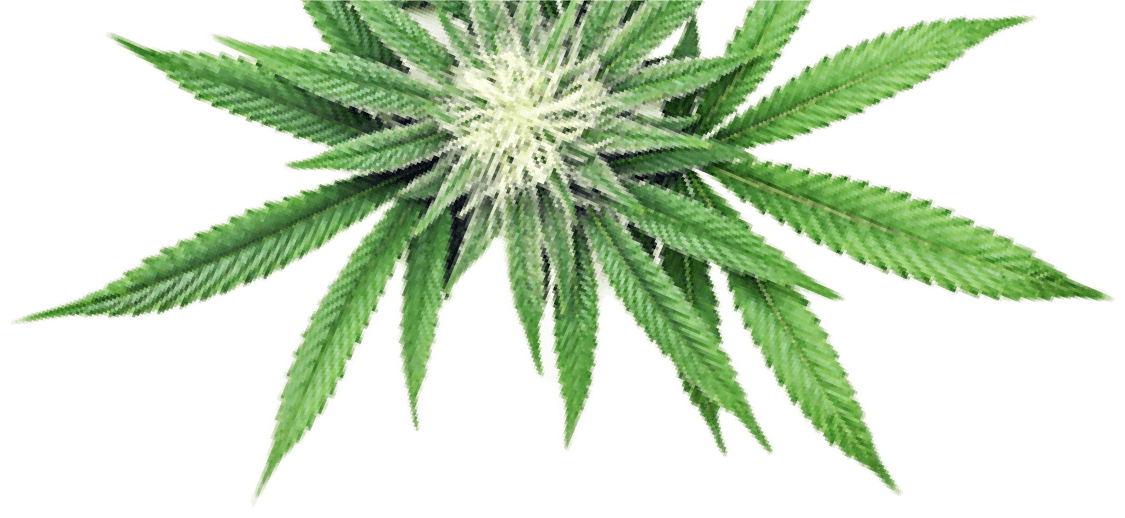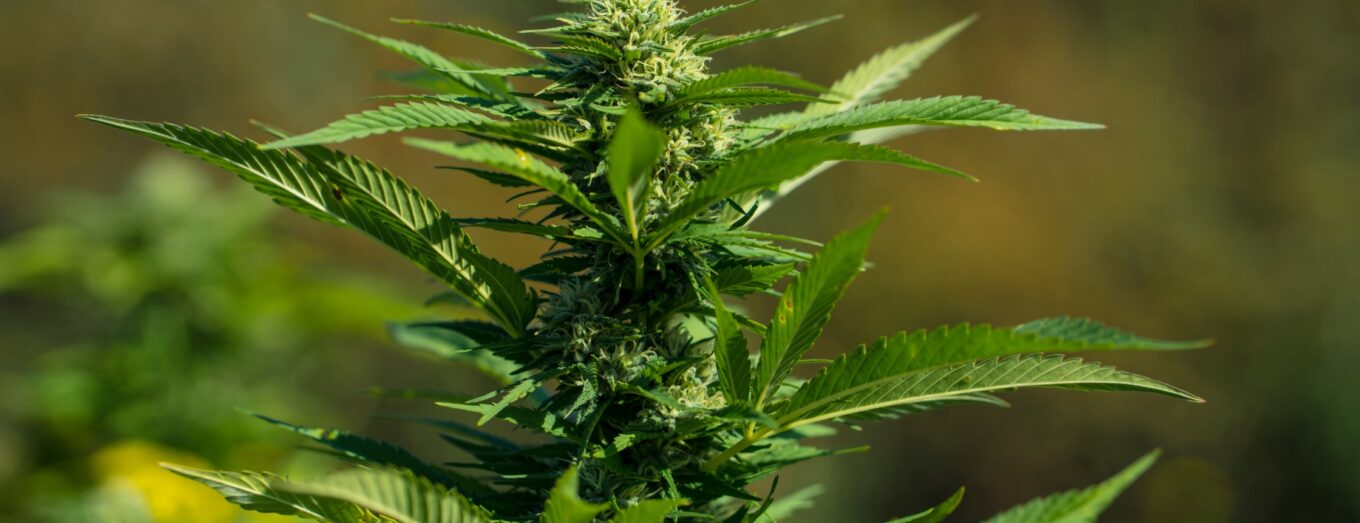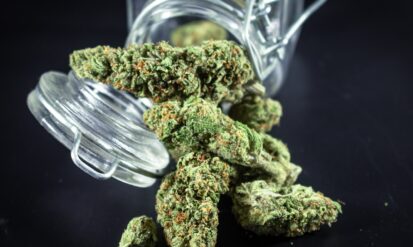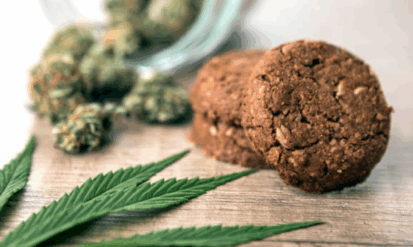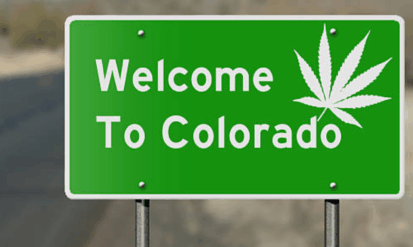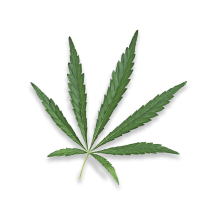We've all been there—whether you're an experienced consumer or a first-timer, sometimes THC hits harder than expected. Knowing how to sober up from weed fast can make a world of difference when you're caught off guard. Whether it’s anxiety, disorientation, or just an overwhelming sense of being too high, this guide gives you practical, effective steps to come back down to earth quickly and safely.
Why You Might Feel Too High
Cannabis can be uplifting and relaxing, but taking too much THC can lead to temporary but uncomfortable effects. This often happens with edibles due to their delayed onset, or with potent concentrates that deliver a strong punch quickly. Understanding the symptoms of THC overconsumption helps you recognize what’s happening in your body. Common signs include:
- Heightened anxiety or panic
- Dry mouth or cottonmouth
- Increased heart rate
- Dizziness or loss of balance
- Paranoia or irrational thoughts
- Nausea or stomach discomfort
- Fatigue or confusion
While none of these effects are permanent, they can feel overwhelming in the moment. Let’s explore how to counteract them quickly and effectively.
1. Control Your Environment
Step one is grounding yourself in a safe, quiet environment. Find a calm space away from noise or crowds. Dim lighting and soft music or silence can help reduce external stimulation and give your body the chance to relax. If you're in a social situation, don't hesitate to excuse yourself—you’ll feel better faster if you're comfortable.
2. Hydrate (But Avoid Caffeine)
Hydration is key. Drink water slowly and steadily to avoid dehydration, which can make symptoms worse. Avoid caffeinated drinks like coffee or soda, which can increase heart rate and heighten anxiety. Instead, choose cold water, herbal teas, or electrolyte drinks that replenish nutrients.
3. Eat a Snack
THC is fat-soluble, meaning it's absorbed by fat in your body. Eating a light, fatty snack—like nuts, avocado toast, or cheese—can help balance blood sugar levels and absorb residual THC. Bonus: it also gives your body something to focus on, which can redirect your mental energy.
4. Black Peppercorn Trick
It’s not just a stoner myth—sniffing or chewing black peppercorns may actually help calm your nerves. Black pepper contains beta-caryophyllene, a terpene that interacts with the same receptors as THC and may help reduce anxiety or paranoia. Keep a small stash in your kitchen or travel bag if you're prone to overdoing it.
5. Try Some CBD
CBD, another compound in cannabis, can counteract the psychoactive effects of THC. Taking a dose of CBD oil, tincture, or even puffing on a high-CBD vape can help reduce anxiety and bring more clarity. If you use cannabis regularly, it’s smart to keep a CBD product nearby just in case.
6. Take a Shower
Water can be therapeutic. A cool or lukewarm shower helps activate your parasympathetic nervous system, calming your body down. Can’t access a shower? Splash cold water on your face, or soak your feet in a cool tub. Physical sensations help pull your focus away from the mental fog.
7. Deep Breathing or Meditation
Slow, rhythmic breathing can reset your nervous system and reduce heart rate. Try this method: inhale for 4 seconds, hold for 4 seconds, exhale for 4 seconds. Repeat for a few minutes. If you have experience with meditation, now’s a great time to use it. Visualization exercises can also calm racing thoughts and promote relaxation.
8. Distract Yourself
Give your brain a task to interrupt negative thought loops. Watch a light comedy, play a mellow video game, or flip through a favorite book or magazine. Repeating a grounding mantra ("I'm safe. This will pass.") can also help. The goal is to shift your focus away from your high and toward something comforting and familiar.
9. Get Some Fresh Air
If you’re physically stable, stepping outside can help. The combination of fresh air, natural light, and movement can do wonders for your state of mind. Take a slow walk and pay attention to your surroundings. Focus on the details: the feeling of air on your skin, the sound of birds, or the color of trees.
10. Sleep It Off
Sometimes, the best remedy is simply time. If you’re able, lay down and rest. Turn on white noise or calming music, close your eyes, and allow your body to recover. THC wears off with time, and most users wake up feeling refreshed and back to normal.
How Long Does It Take to Sober Up from Weed?
This depends on several factors, including your tolerance, the method of consumption, the THC potency, and your metabolism. Here’s a rough timeline:
- Smoking or Vaping: Peaks within 30 minutes, fades after 2–3 hours
- Edibles: Takes 1–2 hours to peak, with effects lasting up to 8 hours
- Concentrates or Dabs: Intense effects that may last 4–6 hours
Some people may feel residual grogginess the next day, especially after high doses or late-night consumption. Proper hydration, food, and rest help the body process cannabinoids more efficiently.
When to Seek Help
Though rare, cannabis overconsumption can be severe. If you or someone else experiences chest pain, fainting, uncontrollable vomiting, or extreme paranoia, it’s wise to seek medical attention. Always err on the side of caution.
Tips for Avoiding This in the Future
- Start low, go slow: Especially with edibles or concentrates
- Read labels carefully: Know your THC dosage
- Wait before redosing: Effects can take longer than expected
- Choose the right setting: Be somewhere comfortable and familiar
- Have CBD on hand: Especially if you're sensitive to THC
Final Word
Learning how to sober up from weed fast is something every cannabis user should know—whether you’re new to THC or have years of experience. Most importantly, don’t panic. With the right strategies, you can ease discomfort and regain your composure quickly. Preparation and responsible consumption go a long way toward ensuring a more balanced, positive cannabis experience every time.
Looking for clean, well-labeled products you can trust? Visit Options Cannabis Co. for guidance, education, and products designed to match your tolerance and lifestyle.
